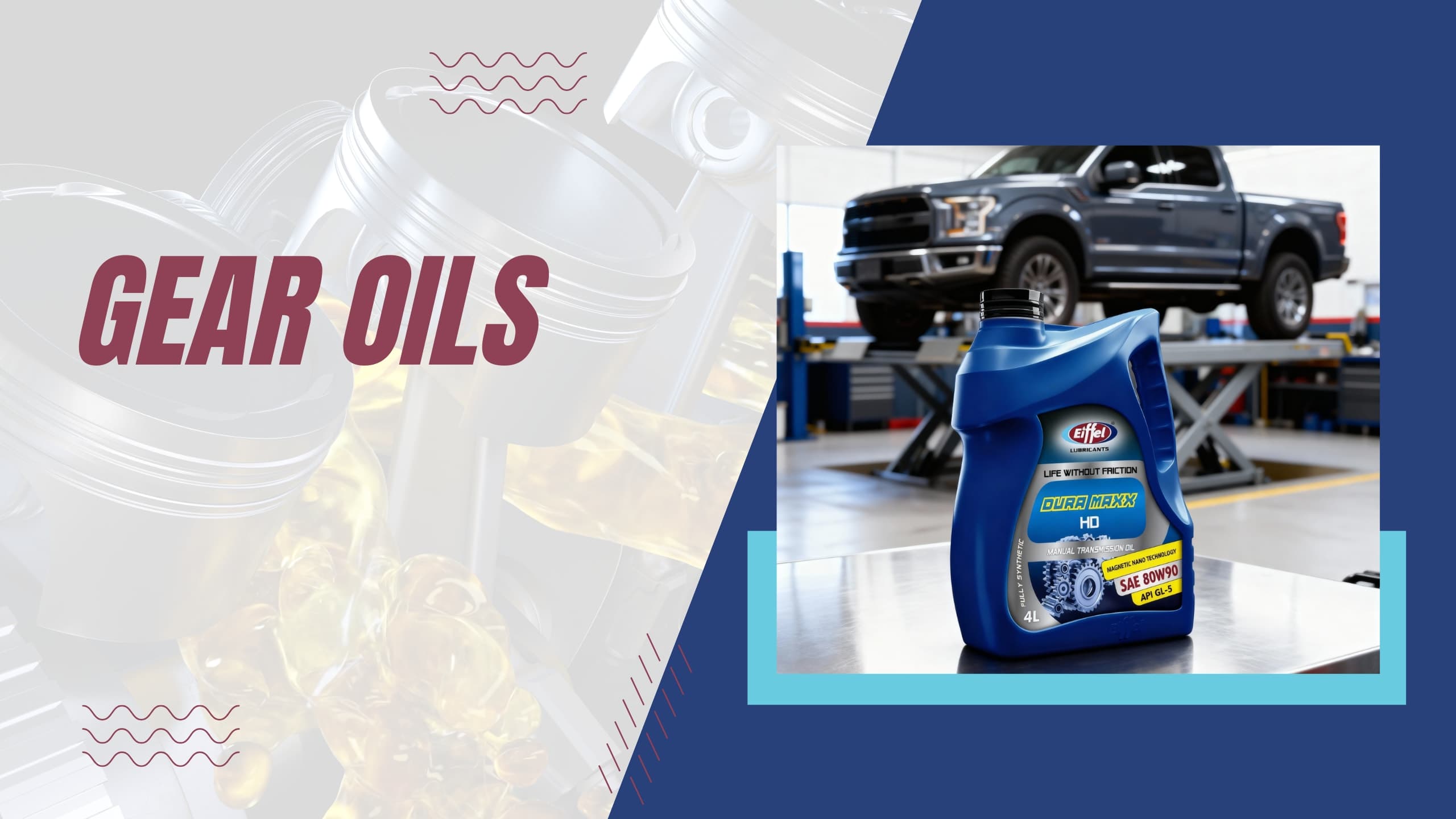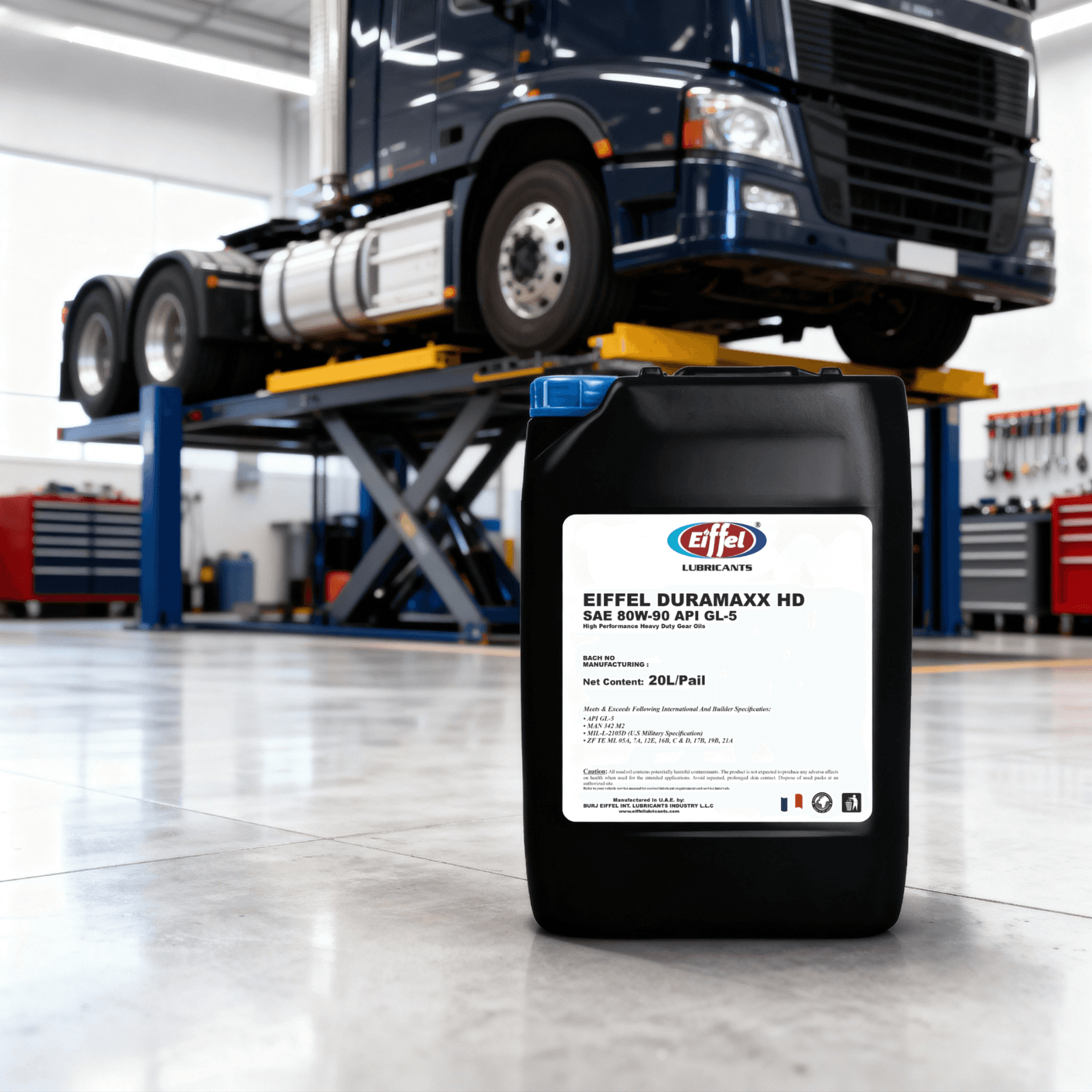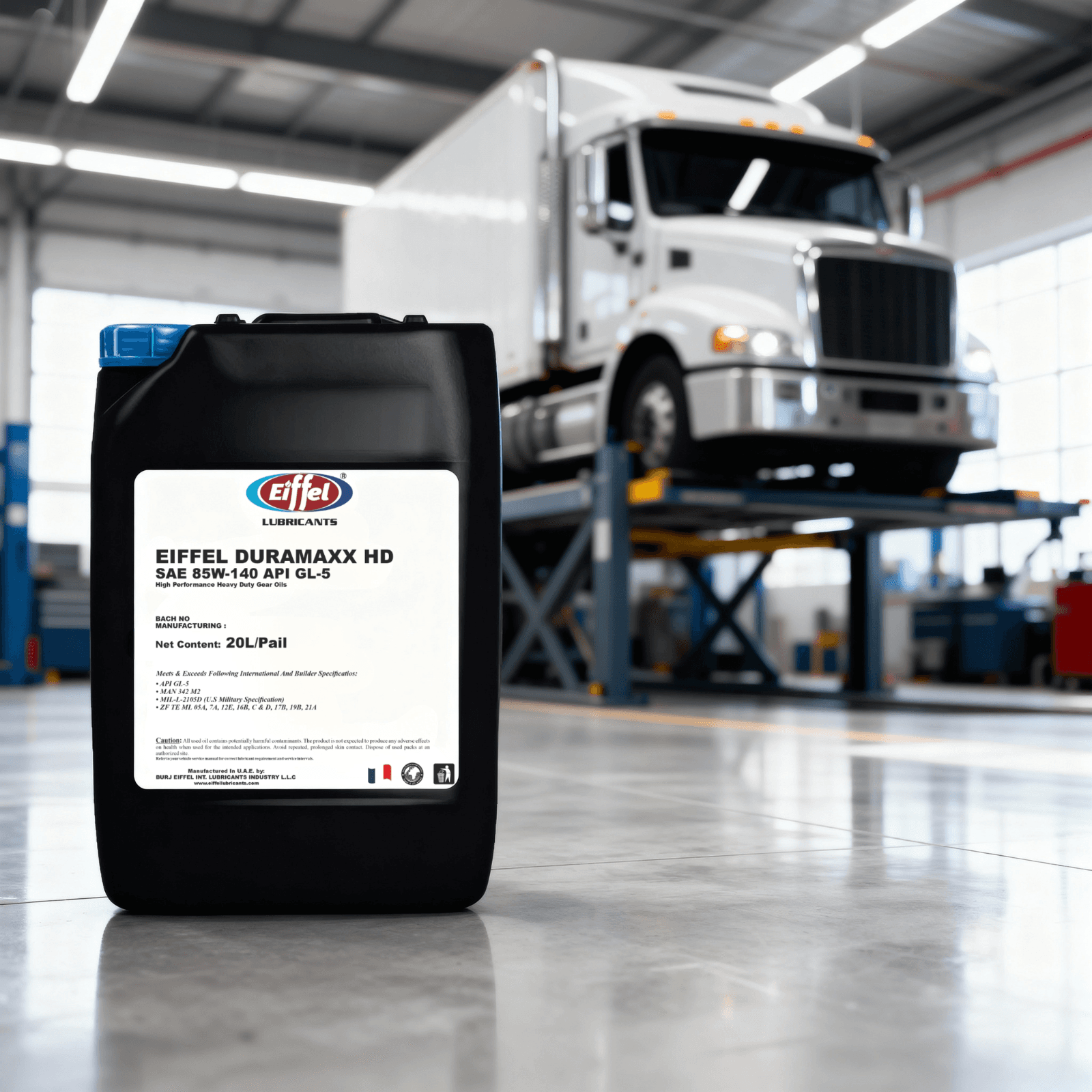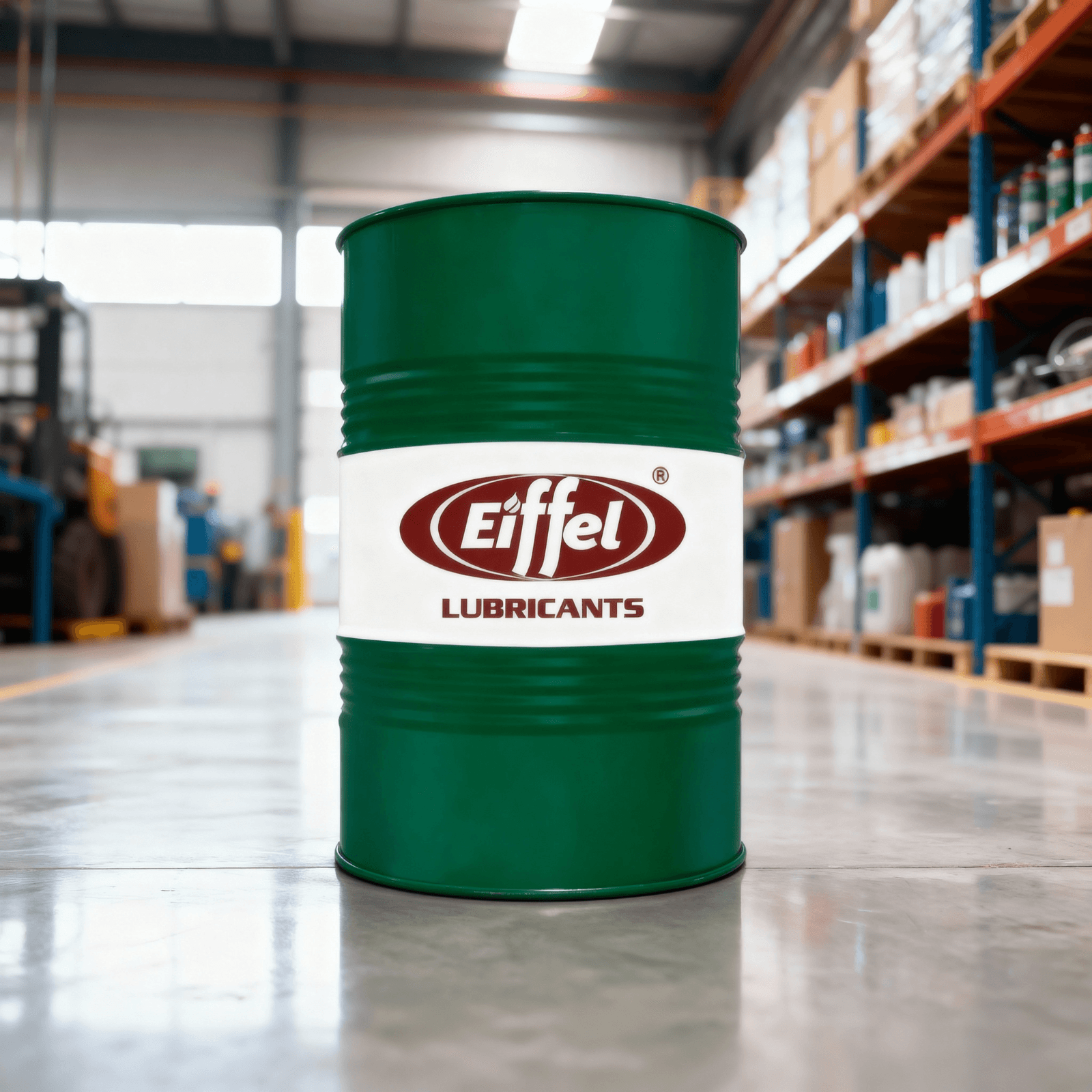
Gear Oils
Protect your drivetrain with our high-performance gear oils, engineered to provide superior protection for manual transmissions, differentials, and final drives.

Eiffel Dura Maxx HD 80W90 GL-5 Gear Oil - 4 Litre

Eiffel Dura Maxx HD 85W140 GL-5 Gear Oil - 4L

Eiffel Dura Maxx HD 80W90 GL-5 Gear Oil - 20 Litre

Eiffel Dura Maxx HD 85W-140 GL-5 Heavy Duty Gear Oil - 20L

Eiffel Dura Maxx HD 85W-140 GL-5 Heavy Duty Gear Oil - 205 Litre Drum

Save up to 50%
Our curated collections are meant to inspire your creativeside and provide you with product options.
Trusted products
Curated selection of trusted products for your vehicles
After sales support
Dedicated after-sales support team, ready to assist you
Delivery across globe
Bringing quality lubricants right to your doorstep
Quality products
Top-notch lubricants crafted with precision and durability
Need help?
FAQs
Customer reviews
Always wanted to try premium synthetic oils but never knew where to start. The product guides on Eiffel Lubricants were super helpful! They gave me the confidence to choose the right oil for my car. Thanks for making it easy!
John Davis
Automotive Enthusiast
A Guide to Gear Oils
The gears in your vehicle's manual transmission and differential operate under immense pressure and friction. They require a specialized fluid, known as gear oil, which is completely different from engine oil. Using the right gear oil is essential to prevent wear, ensure smooth operation, and protect these vital, high-stress components.
What Does Gear Oil Do?
A high-quality gear oil is formulated to perform several critical tasks in your drivetrain:
- Lubricate Under Extreme Pressure: Gear teeth mesh together with incredible force. Gear oil is formulated with ""Extreme Pressure"" (EP) additives that create a durable film, helping to prevent the metal from grinding and scoring.
- Reduce Friction and Heat: By lubricating the moving parts, gear oil reduces friction. This minimizes the heat generated inside the gearbox or differential, which helps to protect the components and the oil itself from breaking down.
- Protect Against Corrosion: It contains additives that help to protect the internal metal surfaces from rust and corrosion.
The Most Important Choice: GL-4 vs. GL-5
When selecting a gear oil, the most critical factor is its API (American Petroleum Institute) service rating. The two you will see most often are GL-4 and GL-5.
- API GL-4: This is the standard for most manual transmissions and transaxles. It contains a specific amount of EP additives that protect the gears while being safe for softer metals, like the brass or bronze synchronizers that help you shift gears smoothly.
- API GL-5: This is designed for hypoid gears found in differentials and final drives. These gears experience much higher pressures, so GL-5 oil contains a much higher concentration of EP additives for maximum protection.
It is very important to not use a GL-5 oil in a gearbox that specifically requires a GL-4 fluid. The aggressive additives in GL-5 can be corrosive to the soft synchronizer rings over time, leading to shifting problems.
Understanding Viscosity Grades (e.g., 80W-90)
Like engine oil, gear oil has a viscosity grade. For example, in 80W-90:
- 80W: The 'W' for 'Winter' indicates the oil's performance in the cold. A lower number means better shifting on a cold morning.
- 90: This is the oil's viscosity at high operating temperatures, indicating its thickness and film strength under load.
Always consult your vehicle's owner's manual for manufacturer-specific recommendations.
